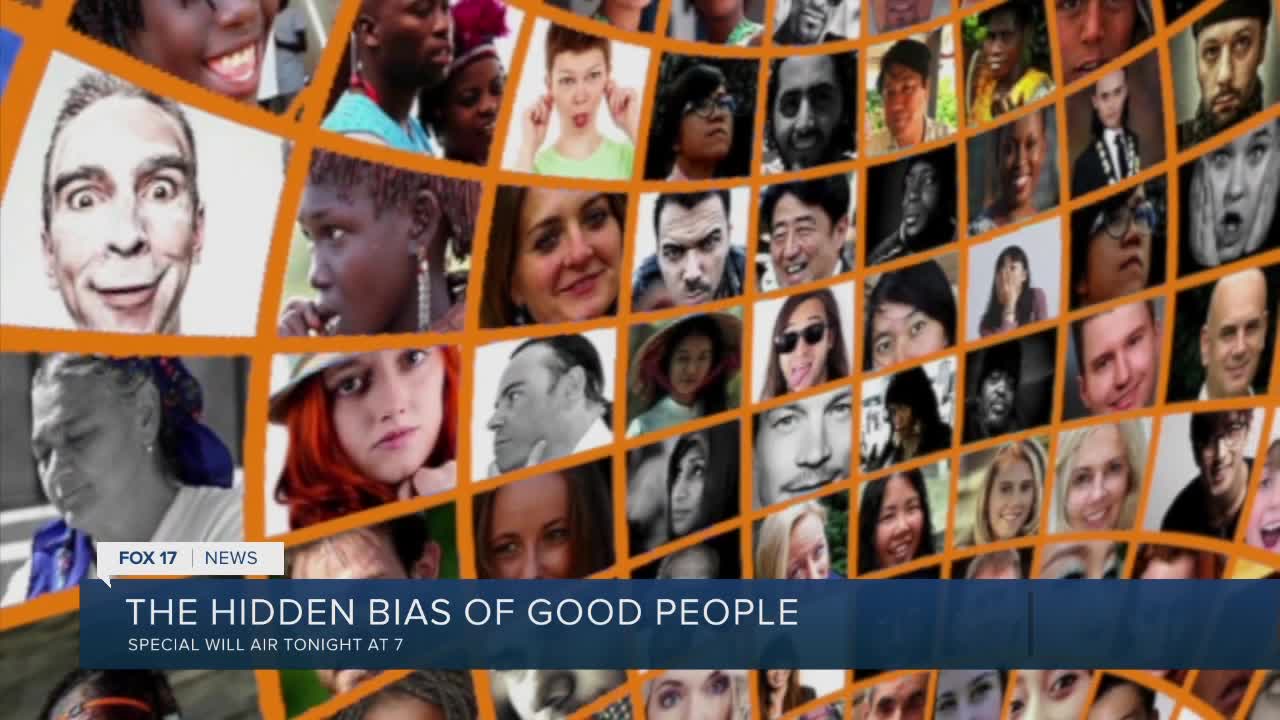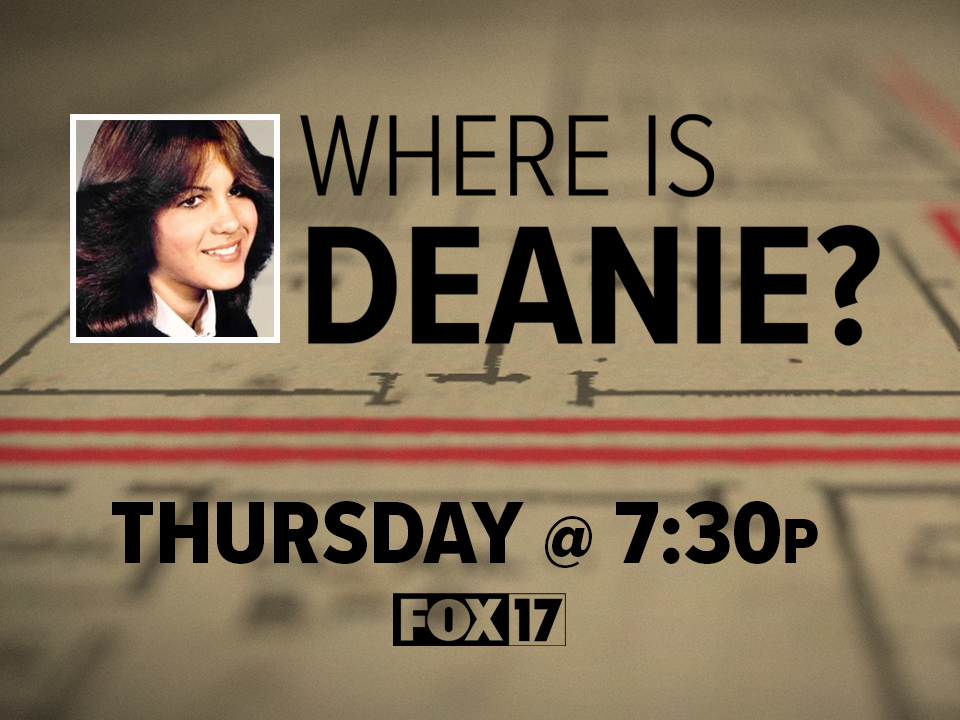WXMI — On Monday, March 8 at 7 p.m., FOX 17 is airing a special segment on diversity and implicit bias called ‘The Hidden Bias of Good People.’ The segment will be led by Dr. Bryant Marks, a leading implicit bias trainer.
Dr. Marks completed his undergraduate major in psychology at Moorehouse College, where he now teaches, and his doctorate in psychology from University of Michigan. He has worked on diversity and equity initiatives for Fortune 500 companies, police departments and served as a presidential adviser on race and diversity to the Obama Administration.
During the hour, Dr. Marks will characterize implicit bias and talk about the role it plays in our workplaces and daily lives.
“My colleagues will get mad at me for simplifying it this way, but [implicit bias] is basically when a stereotype can affect how we think, feel or behave at a subconscious level. That’s really the essence of it,” he told FOX17 ahead of the special.
Bias exists in everyone, says Dr. Marks, and can affect the way we feel, think and in some cases act. It comes from repetition in society.
“The only two ingredients you need for having implicit bias are living in society and having a brain; that’s it,” said Dr. Marks. “These are universal human principles that apply to all of us. If I say to you ‘police officer’ and you think male it doesn’t make you sexist, it’s because 90% of police officers are men. If I say to you ‘kindergarten teacher’ and you think female, it doesn’t make you sexist.”
But Dr. Marks says being aware of our biases doesn’t have to be a bad thing, unless we let it impact us negatively. He was clear: blatant racism and sexism and ageism do exist, but examining the bias we have can result in positive change. He used one example of an employer who took names off prospective job candidate’s resumes, using solely their experience instead.
“People went to the same school, sort of think alike, similar backgrounds…they’re going to say ‘yeah, I like that, because my life experience corresponds to your life experience,’” said Dr. Marks. “But if you have diversity in a room, they say ‘wait wait wait…well I don’t really see it like that. In my experience it’s this way.’ That’s where diversity of thought and diversity of experience is an asset.”
For anyone trying to add diversity in their life, Dr. Marks says start simple with TV shows, movies and books featuring diversity.
“Maybe I can control or balance out my exposure,” Dr. Marks urged people to think. “Maybe I could watch certain TV shows, documentaries or movies that feature women or minorities in prominent ways, in positive ways. Maybe I can, when I raise my kids, show books and characters that balance out. Once you’re informed you can curate your existence in a way that has more balance in it.”
For additional reading and resources pertinent to diversity, equality and inclusion topics, see the list below FOX17 collected from experts and diverse members of our own community:
The National Training Institute on Race and Equity
Who, Me? Biased? – By the New York Times




